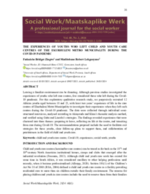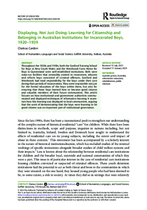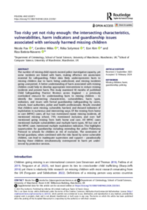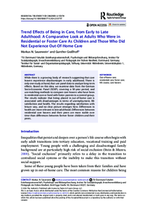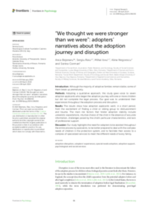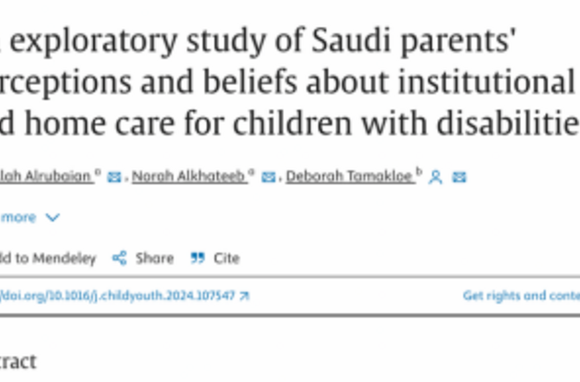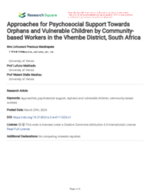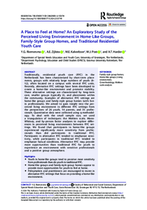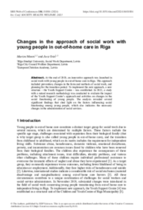The Experiences of Youths Who Left Child and Youth Care Centres of the Ekurhuleni Metro Municipality During the COVID-19 Pandemic
The authors of this exploratory qualitative research study recruited 12 African youths aged between 18 and 23, with at least two years’ experience of life in the care centres of Ekurhuleni Metro Municipality in Gauteng, South Africa, to investigate their experiences when they left these centres during the COVID-19 pandemic.

